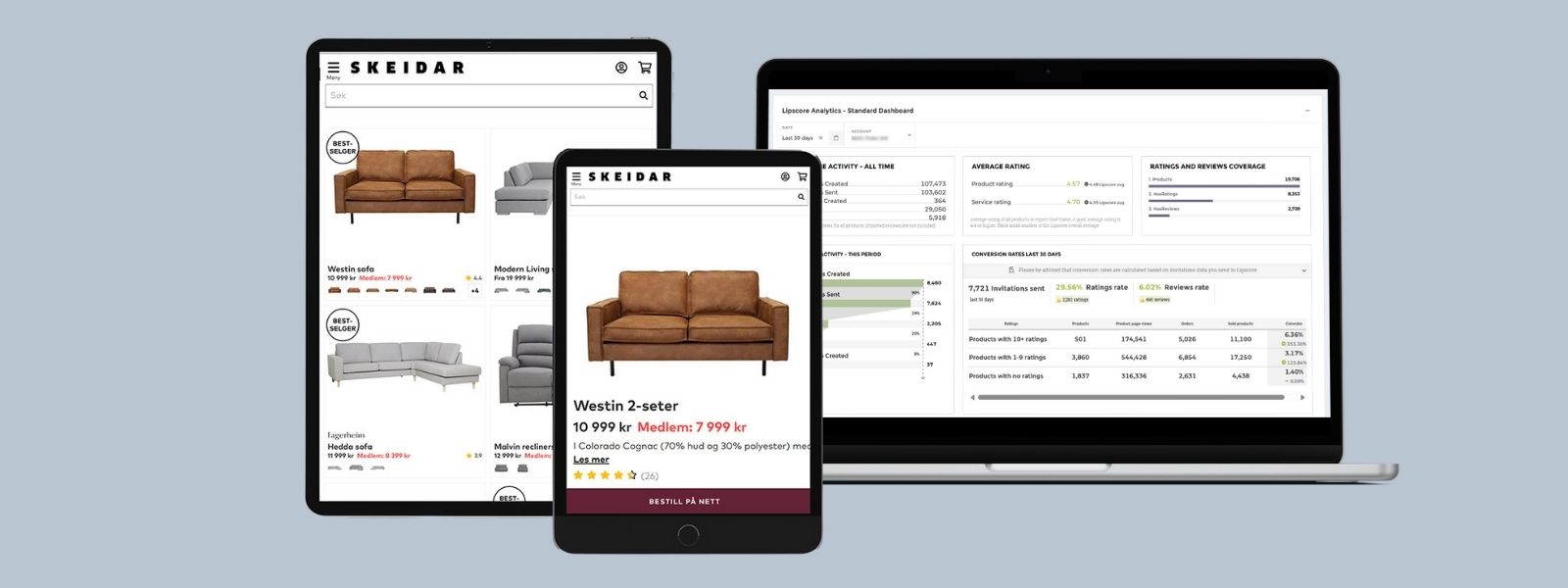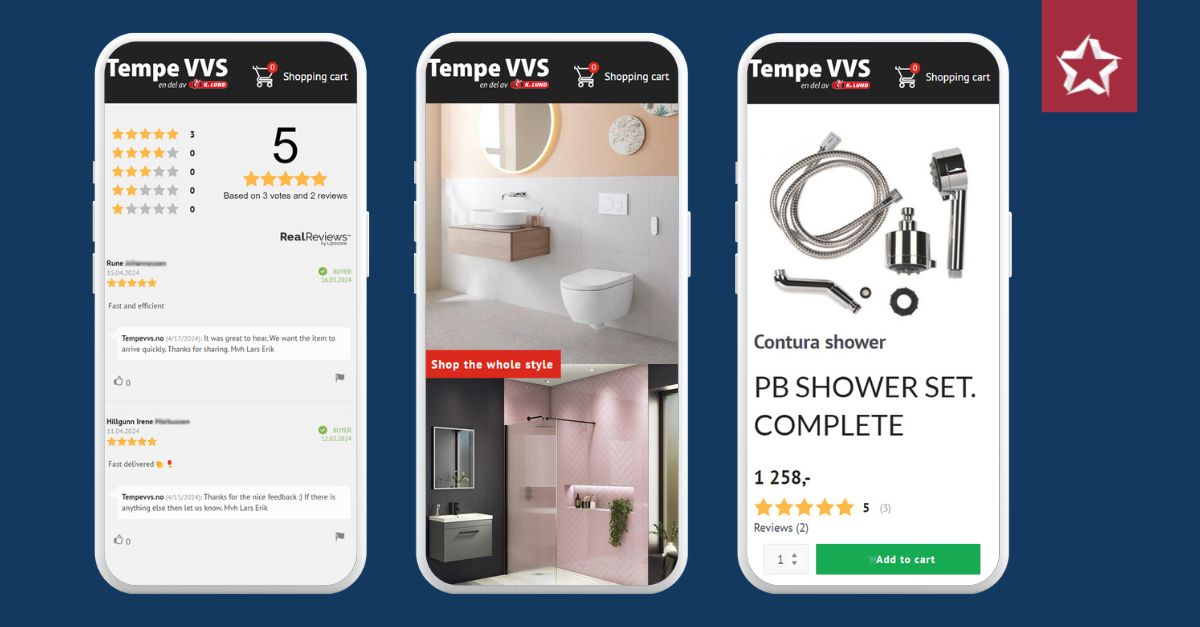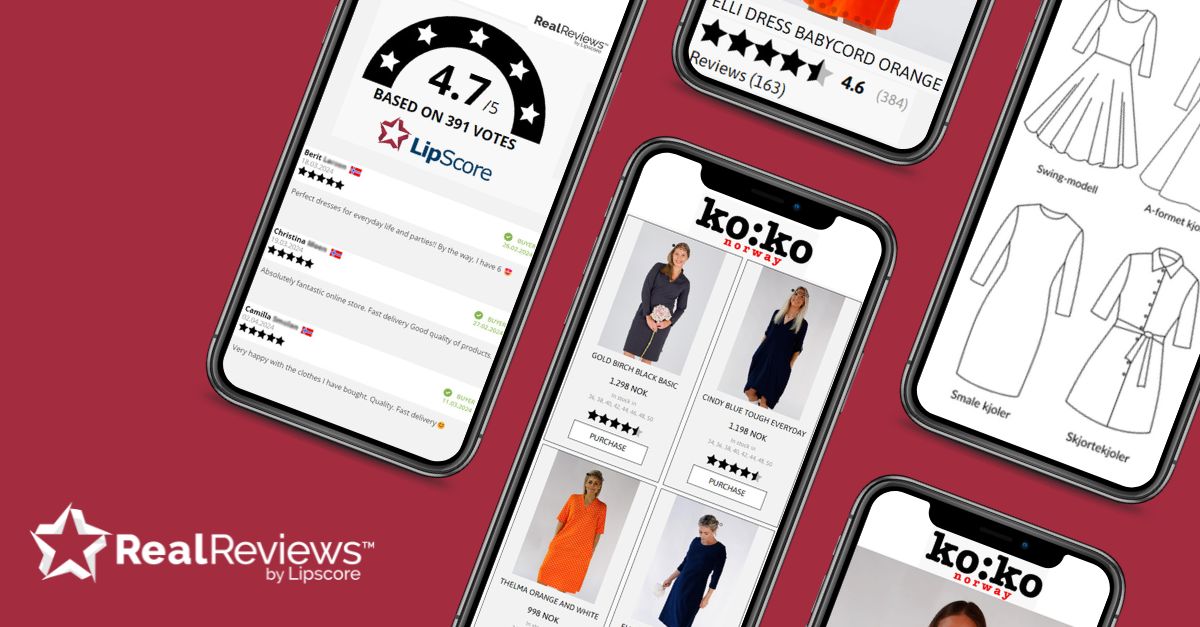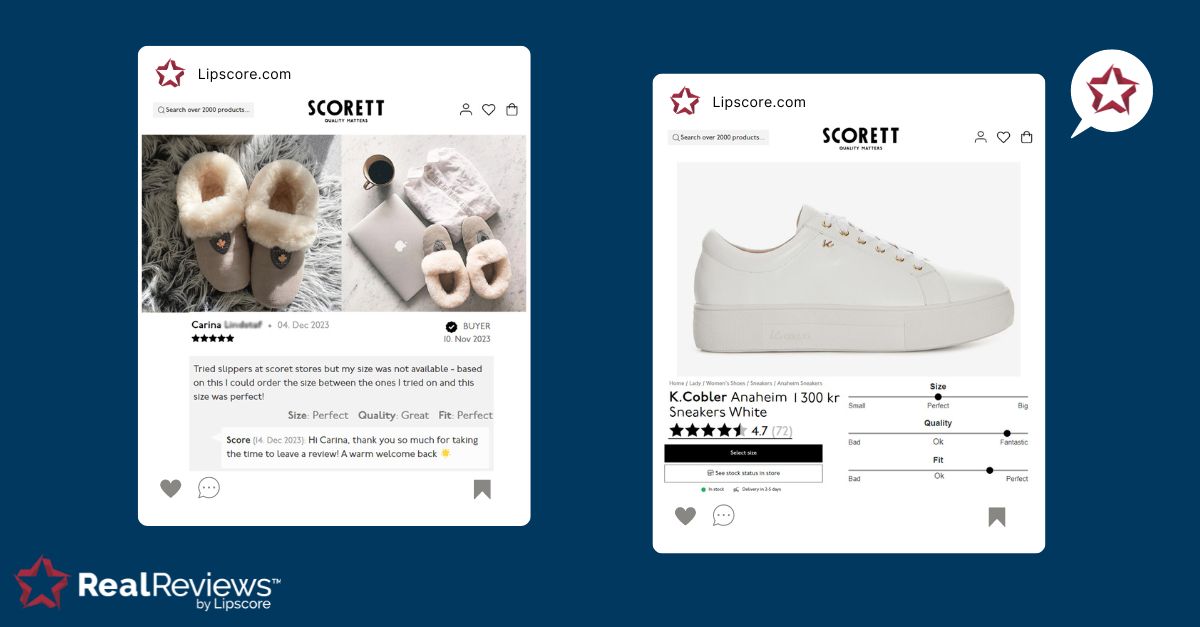

In today’s digital age, leveraging data is crucial for business success. Norwegian retail chains have unique challenges and opportunities in becoming more data-driven. We sat down with Lars Thomte, Marketing Director at Skeidar, and Kåre Andrè Jevanord, Chief Digital Officer at Power, to delve into their experiences and tips on becoming a data-centric organization.
“Being data-driven is not an end goal,” states Lars. “For us at Skeidar, it’s a transition from being a reporting-centric firm to an analytics-focused one. We prioritize predictive data that informs future decisions, rather than just analyzing historical data.”
Kåre Andrè chimes in, “In Power, our journey started with sifting through a lot of bad data. Our focus now is on high-quality, predictive data. For instance, if you recently purchased a washing machine, it makes little sense to show you ads for another one. What matters more is identifying your next potential purchase.”
Both stress the importance of continuous testing. “We use metrics like online store visitations to score our products and regularly test new hypotheses, including leveraging external purchase data,” adds Kåre Andrè.
“Power utilizes customer reviews for various tasks like product improvement and negotiations with suppliers,” explains Kåre Andrè. “We don’t just want more data; we want to integrate this data deeper into our organizational structure so it becomes actionable.”
According to Lars, “User reviews help Skeidar identify product defects, which are then reported to manufacturers. Negative reviews are particularly invaluable as they trigger customer service interventions to rectify issues, whether they relate to product quality, delivery, or service.”
Lars elaborates, “We’ve implemented dashboards based on Google Maps to monitor customer feedback daily. Initially, only the operations team had access, but we’ve expanded access to individual stores. This real-time approach allows for immediate response to customer sentiment.”
“For traditional retailers like Skeidar, launching an online store was the first step in becoming data-driven,” Lars states. “We partnered with third-party experts, leveraging their ready-to-use systems. This incremental approach, starting with online user reviews, was far more effective for us than undertaking massive IT projects.”
“Transforming into a data-driven entity involves a change management process,” adds Kåre Andrè. “It’s vital to identify internal ambassadors keen on adopting new methodologies.”
By embracing these strategies, Norwegian retailers can progressively become more data-driven, enhancing both their customer experience and bottom line.




Unlock the potential of high-volume ratings and authentic reviews for impactful data and business growth.
